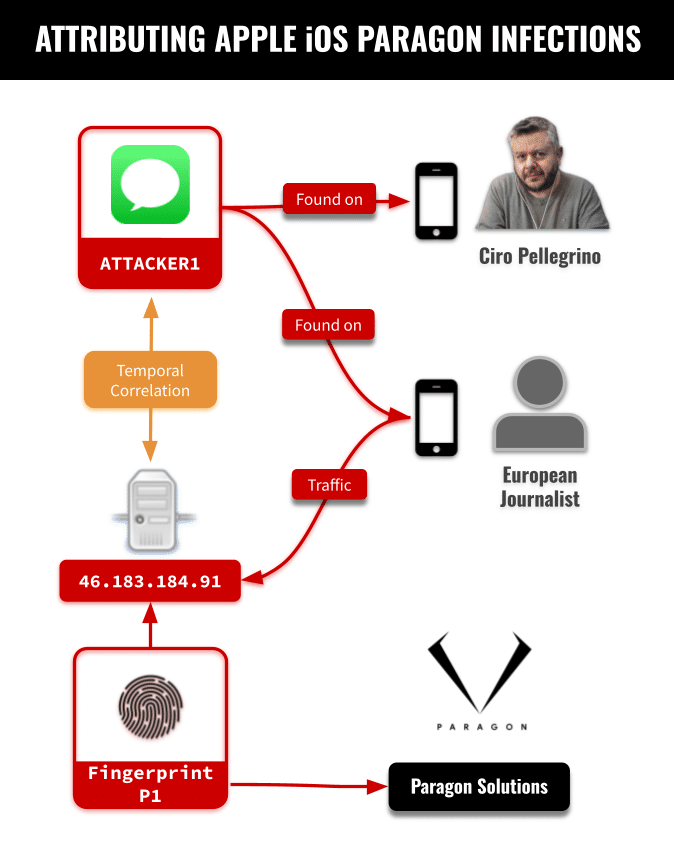CISA Launches Repository For Federal Software Security
The Cybersecurity and Infrastructure Security Agency (CISA) has taken a significant step towards fortifying the cybersecurity of federal systems with the announcement of the Repository for Software Attestation and Artifacts.
This platform allows software producers partnering with the federal government to upload software attestation forms and relevant artifacts, ensuring the integrity and security of software used in critical functions.
Last week, in collaboration with the Office of Management and Budget (OMB), CISA introduced the secure software development attestation form. This form enables software producers serving the federal government to attest to the implementation of specific security practices, thus safeguarding federal systems from malicious cyber actors.
According to Executive Assistant Director for Cybersecurity Eric Goldstein, “Software underpins nearly every service our government delivers on behalf of the American people. This is why CISA and our partners are working to transform federal cybersecurity practices by advancing strong software development security practices for the software upon which Americans depend.”
CISA Standardized Process for Transparency
The repository aims to establish a standardized process for agencies and software producers, providing transparency on the security of software development.
By facilitating the adoption of software from producers that attest to using sound secure development practices, federal agencies can enhance their cybersecurity posture and mitigate potential threats effectively.
“The repository for software attestation and artifacts will enable a standardized process for agencies and software producers that provides transparency on the security of software development. We look forward to further refining the process to continue elevating software security across the federal enterprise,” added Goldstein.
OMB Memorandum M-22-18 and M-23-16 emphasize the importance of secure software development practices and restrict agencies’ use of software that does not adhere to these standards. The newly introduced attestation form allows software producers to confirm their compliance with these practices, ensuring that federal systems are protected against vulnerabilities.
CISA’s Other Initiatives
Before this initiative, CISA collaborated with SAFECOM and the National Council of Statewide Interoperability Coordinators (NCSWIC) to unveil the 911 Cybersecurity Resource Hub. This centralized repository empowers Emergency Communications Centers (ECCs) nationwide by providing essential resources and expertise to enhance cybersecurity resilience.
In another stride towards bolstering critical infrastructure resilience, CISA, in collaboration with the American Samoa Department of Homeland Security, initiated the Regional Resiliency Assessment Program (RRAP). This program highlight the significance of collaborative efforts in strengthening critical infrastructure resilience and mitigating cybersecurity risks.
Furthermore, CISA, in partnership with the Department of Health and Human Services (HHS) and the Health Sector Coordinating Council (HSCC) Cybersecurity Working Group, introduced the CISA Healthcare Cybersecurity Toolkit. Tailored to empower IT security leaders in the healthcare sector, this resource enhances organizations’ resilience against cyber threats, thereby safeguarding sensitive healthcare data and ensuring uninterrupted delivery of healthcare services.
The concerted efforts of CISA and its partners highlight a proactive approach towards enhancing cybersecurity across federal systems and critical infrastructure sectors, ultimately bolstering national cybersecurity resilience in the face of evolving cyber threats.
Media Disclaimer: This report is based on internal and external research obtained through various means. The information provided is for reference purposes only, and users bear full responsibility for their reliance on it. The Cyber Express assumes no liability for the accuracy or consequences of using this information.
Related
Source link






